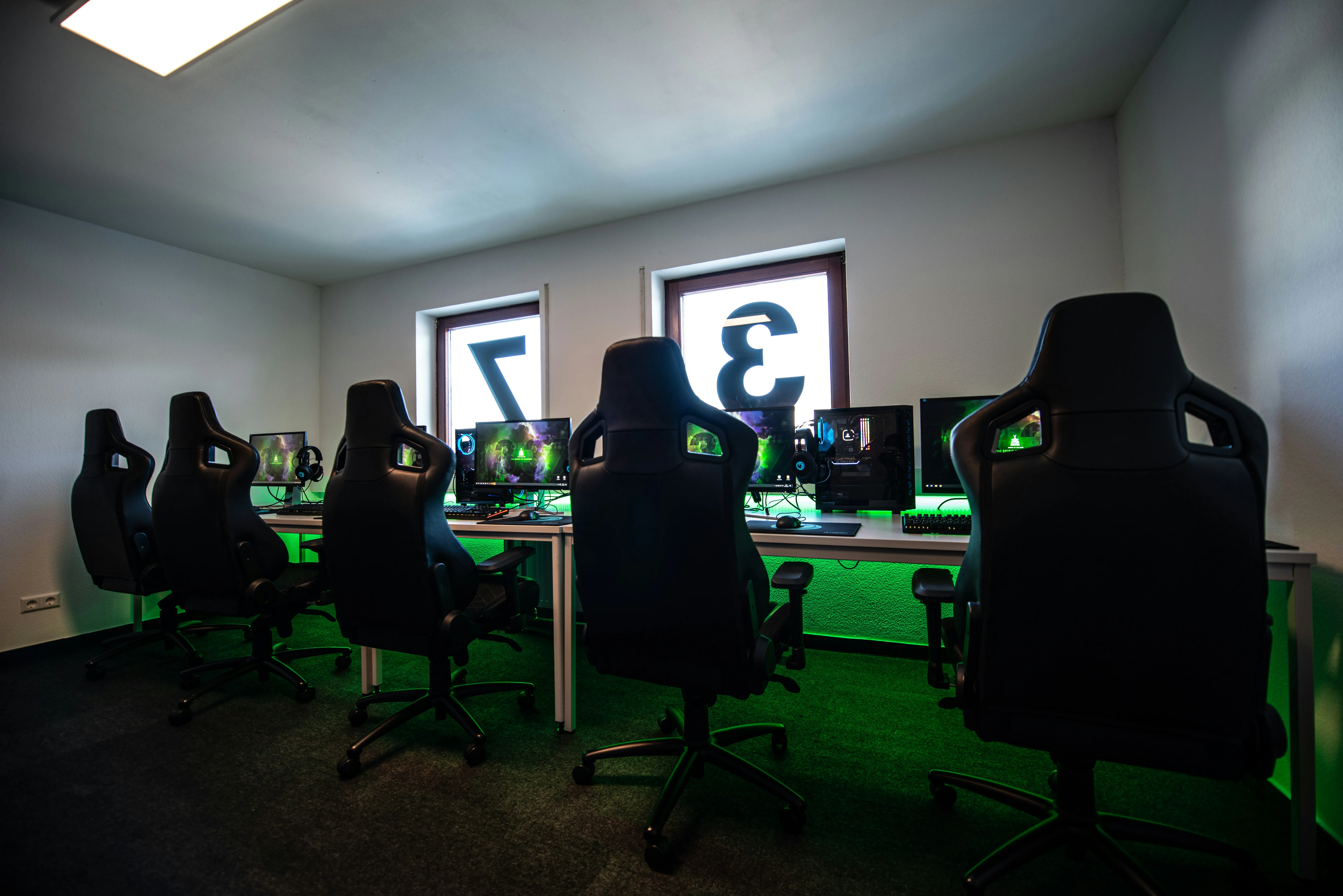Web3 cloud gaming wants to cut out big tech
Instead of relying on data centers, a new model lets gamers power the network—but will it work?

High-end gaming has never come cheap. From pricey graphics cards to top-tier processors, playing the latest AAA titles often means shelling out thousands. Even cloud gaming—touted as a hardware-free alternative—comes with steep costs due to the massive infrastructure behind it.
Now, web3 cloud gaming is emerging as a decentralized alternative, enabling players to enjoy hardware-intensive AAA games—titles like Cyberpunk 2077, Hogwarts Legacy, and Baldur’s Gate 3, which demand high processing and graphics power—on any device. At the same time, gaming rig owners can earn passive income by renting out their computing power.
Proponents say it’s the future, offering cheaper, more accessible gaming. But can it really compete with traditional cloud services? Later, we hear from three gamers with high-performance rigs on whether they’d buy in
A new era for cloud gaming?
Traditional cloud gaming services—like NVIDIA GeForce Now, Xbox Cloud Gaming, and the now-defunct Google Stadia—rely on centralized data centers, which are large facilities filled with powerful computers that process, store, and manage cloud gaming services.
While they reduce the need for powerful personal hardware, these services come with their own problems: high costs, limited regional availability, and latency issues that make competitive gaming difficult.
According to YOM, a web3-powered cloud gaming project that has already received grants from Microsoft, the biggest limitation of these centralized systems is cost.
"Data centers run at max capacity continuously, meaning massive energy costs. Besides that, setting up huge data centers is very expensive," YOM told The Crypto Radio.
The solution? A decentralized network of gaming rigs and machines that stream AAA games on demand. Instead of relying on costly centralized infrastructure—requiring buildings, hardware, and staff—players with high-performance PCs (personal computers) can rent out their unused computing power, cutting costs while earning passive income. Meanwhile, those without powerful machines can stream games almost for free, with the price being just watching a few ads.
One of the biggest concerns for cloud gaming has always been latency—the delay between pressing a button and seeing the action on-screen. With traditional cloud gaming, latency can be a dealbreaker, especially for competitive gamers who rely on split-second reactions. YOM claims that decentralization actually improves latency.
"Our tests have shown latency under 50 milliseconds from Europe to the US. If we have nodes all around the world, keeping it under 30 milliseconds will be easy," YOM said.
This decentralized model differs from traditional cloud gaming, where distant servers cause lag, delays, and unstable connections. Expanding these centralized networks only adds to the cost.
But what do gamers themselves think? We spoke with three people who own high-performance gaming rigs—a former competitive gamer, a content creator, and a crypto trader—to understand how they view the potential of decentralized cloud gaming.
A gaming rig that pays for itself?

Source: Unsplash / Ella Don
For Peter, a former competitive gamer, the idea of monetizing his PC is appealing.
"I think about it more these days, especially since I rarely use my gaming rig now that I have a full-time job in the office. I wish it could earn its keep, or else I'd have to sell it."
Gats, a digital content creator, had a similar sentiment and admitted that he mostly upgrades his rig for occasional AAA releases rather than daily use, highlighting a common reality—many high-end PCs are underutilized.
"As soon as we do updates or upgrades on our setup, we aim to play a few AAA games. Once finished, we usually go back to our 'normal' games. But it's always good to know that if new releases come out, we can play them immediately."
For Jozef, a full-time crypto trader, the concern isn’t about making use of his rig—it’s about avoiding excessive wear and energy costs.
"I think I use my gaming rig to its full potential because if I'm not playing, I'm working from home. But I’d be open to letting it generate passive income—so long as it's nothing like Bitcoin mining where my hardware gets damaged and my electricity bill skyrockets."
Benefits of decentralized gaming
While all three gamers liked the idea of earning from their gaming rigs, concerns remain. For Gats, security is the key issue, while Jozef worries about energy costs, as AAA games demand heavy GPU (graphics card) and CPU (processor) power—though still only a fraction of Bitcoin mining.
Unlike mining, which runs 24/7, gaming is intermittent, and newer technologies like AI-powered cooling, undervolting, and load balancing help reduce wear.
Decentralized cloud gaming further minimizes strain by distributing workloads across multiple nodes (devices powering the network), ensuring rigs are only active when needed—making it a more sustainable and less damaging way to monetize idle hardware.
While decentralized cloud gaming is still new, YOM is moving forward, shifting from Solana to peaq—a blockchain built for DePIN (Decentralized Physical Infrastructure Networks), which uses blockchain to coordinate real-world hardware. For YOM, this means creating a network of gaming rigs that share computing power to stream AAA games, all secured and managed through blockchain.
The question now is whether decentralized cloud gaming can break beyond early adopters and truly challenge traditional models. Can it offer mainstream gamers a smoother, more cost-effective, and secure alternative to expensive hardware and centralized cloud services?
For gamers like Peter, Gats, and Jozef, the promise is intriguing—but trust, performance, and real-world value will decide its fate. If decentralization can truly deliver, it won’t just reshape cloud gaming—it could redefine who controls the future of play.




